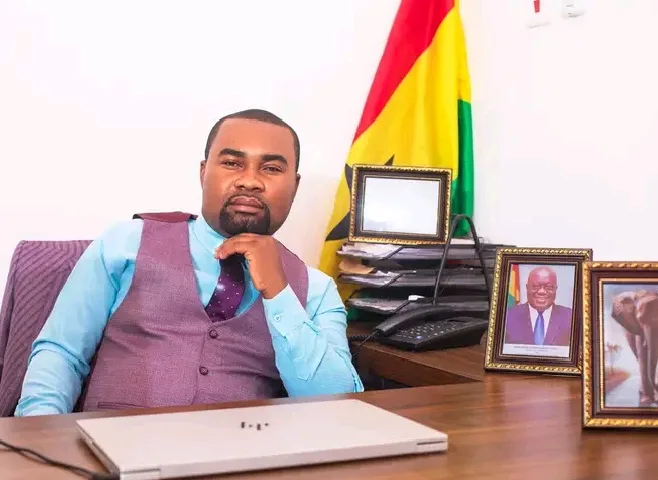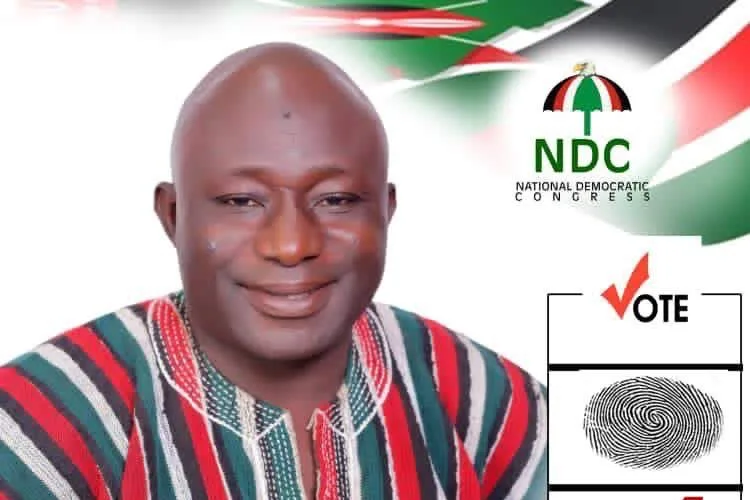The strategic vision of Dr. Bryan Acheampong (DBA) for the transformation of Ghana is anchored on three(3) pillars, namely:
1. D- Development in Freedom Policy
The first pillar of Bryan’s government would strictly be based on “Development in Freedom” across all sectors of the economy, especially in accordance with achieving the following:
1. Political Objectives of Ghana (Article 35 of the 1992 Constitution of the Republic of Ghana).
2. Economic Objectives of Ghana (Article 36 of the 1992 Constitution of the Republic of Ghana).
3. Social Objectives of Ghana (Article 37 of the 1992 Constitution of the Republic of Ghana).
4. Educational Objectives of Ghana (Article 38 of the 1992 Constitution of the Republic of Ghana).
5. Cultural Objectives of Ghana(Article 39 of the 1992 Constitution of the Republic of Ghana).
6. International Policy of Ghana (Article 40 of the 1992 Constitution of the Republic of Ghana).
7. All the provisions of one’s Fundamental Human Rights and Freedom as captured under Chapter Five(5) of the 1992 Constitution of the Republic of Ghana.
8. Article 1(1) of the 1992 Constitution of the Republic of Ghana, that is, upholding and strictly complying with the Supremacy of the Constitution.
9. Sustainability of absolute Freedom and Independence of the Media as captured under Chapter Twelve (12) of the 1992 Constitution of the Republic of Ghana.
Freedom is the ultimate end goal of national development, and as such, the “Development in Freedom Policy” by Bryan Acheampong would take care of:
1. Economic and Financial Freedom
2. Political Freedom
3. Judicial Freedom
4. Media Freedom
5. Social Freedom
6. Intellectual/Academic/Professional Freedom
7. Freedom of Choice
8. Freedom of Speech
9. Freedom of Expression
10. Freedom of Association.
11. National Unity and Cohesion
12. Respect for Diversity dynamics, Equity, and Inclusion
The Development in Freedom Policy of Bryan Acheampong would successfully foster:
1. All-Inclusiveness without any form of discrimination.
2. Meritocracy as a benchmark for appointing public officials into government.
3. Solid collaboration with CSOs and think tanks for national development and public sector accountability.
4. Law and Order
5. Human Security, IoT Security, Cybersecurity, and Data Security
6. Operational & Territorial Security
7. Transparency and Fight against Corruption
2. B-Business Friendly Environment for the Private Sector & Investors
The second pillar of Bryan’s government would strictly and prudently ensure that there is:
1. Massive drive for Private Sector growth and development as enshrined in Article 36(2b & 2c) of the 1992 Constitution of the Republic of Ghana.
2. Tremendous promotion of Africapitalism in Ghana, as one of the strategies for accelerating job creation, wealth creation, as well as attracting Foreign Investors into Ghana.
3. Public-Private Partnerships at no cost to government institutions.
4. Infrastructural Development and National Beautification Programme(NBP) aimed at boosting tourism as well as achieving environmental sustainability in Ghana.
5. Inclusive growth and inclusive development across Ghana under the theme, *”No Region Left Behind Policy”* Proposed by Dr. Bryan Acheampong for a proper equitable national development across Ghana.
6. Prudent management of economic indicators such as Exchange Rate, Inflation, and Interest Rates aimed at creating the right enabling environment for the business community and investors.
3. A- Advance Economic Ecosystems of Ghana
The third pillar of Bryan’s government would focus on positioning Ghana as one of the economic giants of Africa competing fairly on the global market. This third objective would be achieved through:
1. A well-diversified economy aimed at addressing unemployment and low quality of well-being.
2. Massive investments into advanced technology leading to the creation of:
(a). Sustainable Digital Economic Revolution(SDER)
(b). Sustainable Food and Agricultural products(SFAP) aimed at achieving food security as well as boosting the export capacity of Ghana.
(c) Sustainable Energy Supply
(d). Environmental Sustainability(ES), addressing the menace of Galamsey.
(e). Sustainable Healthcare Delivery Systems across all the MMDAs in Ghana.
Ghana’s Bright Future is with Bryan.
Issued by:Razak Kojo Opoku(PhD)
Founding President of UP Tradition Institute







